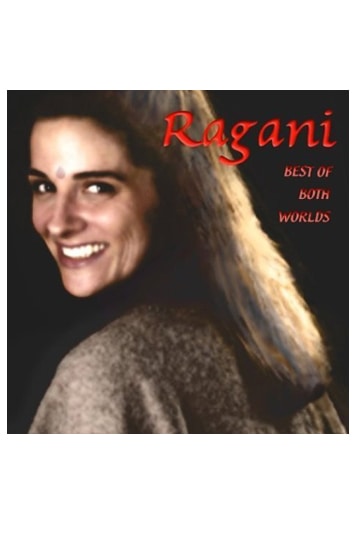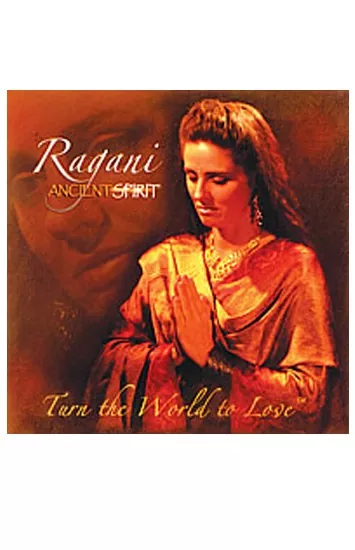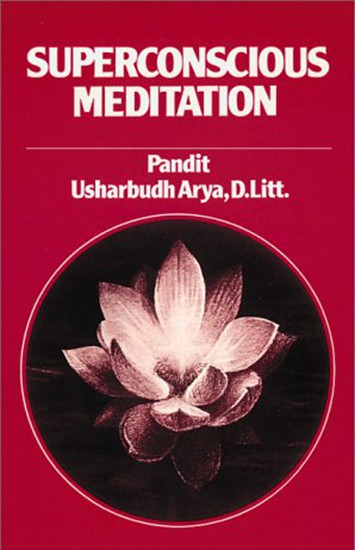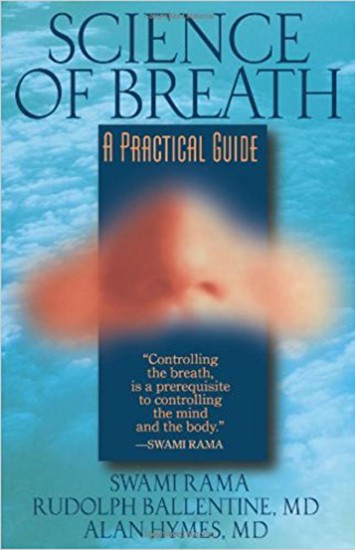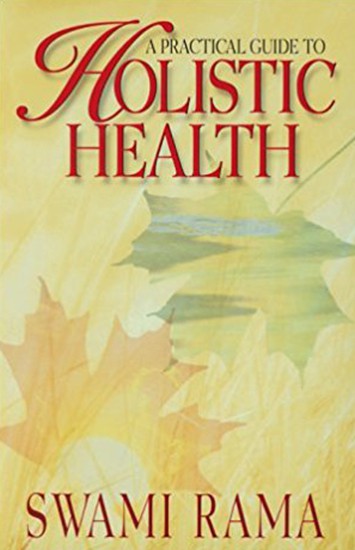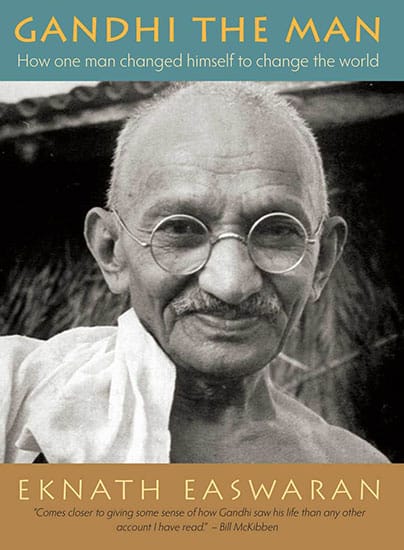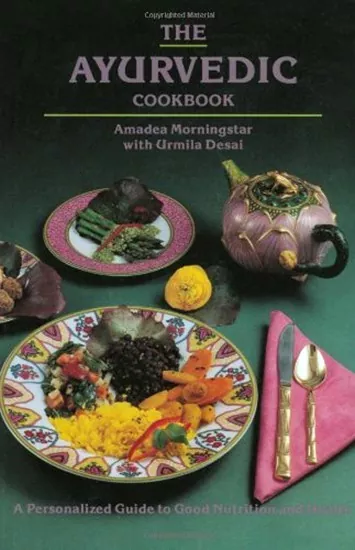-
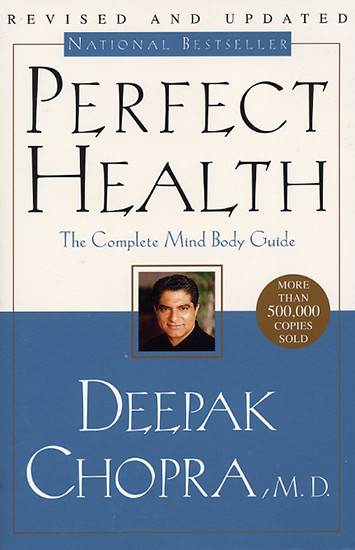 A decade ago, Deepak Chopra, M.D., wrote Perfect Health, the first practical guide to harnessing the healing power of the mind, which became a national bestseller. The book described how breakthroughs in physics and medicine were underscoring the validity of a 5,000-year-old medical system from ancient India known as Ayurveda ("the knowledge of life span" in Sanskrit). Perfect Health went on to describe how to apply the ancient wisdom of Ayurveda to everyday life. In celebration of this classic work we have created this new edition, revised and updated to include the latest medical research. Although we experience our bodies as solid, they are in fact more like fires that are constantly being consumed and renewed. We grow new stomach linings every five days, for instance. Our skin is new every five weeks. Each year, fully 98 percent of the total number of atoms in our bodies is replaced. Ayurveda gives us the tools to intervene at this quantum level, where we are being created anew each day. Ayurveda tells us that freedom from sickness depends on contacting our own awareness, bringing it into balance, and then extending that balance to the body. Perfect Health provides a complete step-by-step program of mind body medicine tailored to individual needs. A quiz identifies the reader's mind body type: thin, restless Vata; enterprising, efficient Pitta; tranquil, steady Kapha; or any combination of these three. This body type becomes the basis for a specific Ayurvedic program of diet, stress reduction, neuromuscular integration, exercise, and daily routines. The result is a total plan, tailor-made for each individual, to reestablish the body's essential balance with nature; to strengthen the mind body connection; and to use the power of quantum healing to transcend the ordinary limitations of disease and aging--in short, for achieving Perfect Health.
A decade ago, Deepak Chopra, M.D., wrote Perfect Health, the first practical guide to harnessing the healing power of the mind, which became a national bestseller. The book described how breakthroughs in physics and medicine were underscoring the validity of a 5,000-year-old medical system from ancient India known as Ayurveda ("the knowledge of life span" in Sanskrit). Perfect Health went on to describe how to apply the ancient wisdom of Ayurveda to everyday life. In celebration of this classic work we have created this new edition, revised and updated to include the latest medical research. Although we experience our bodies as solid, they are in fact more like fires that are constantly being consumed and renewed. We grow new stomach linings every five days, for instance. Our skin is new every five weeks. Each year, fully 98 percent of the total number of atoms in our bodies is replaced. Ayurveda gives us the tools to intervene at this quantum level, where we are being created anew each day. Ayurveda tells us that freedom from sickness depends on contacting our own awareness, bringing it into balance, and then extending that balance to the body. Perfect Health provides a complete step-by-step program of mind body medicine tailored to individual needs. A quiz identifies the reader's mind body type: thin, restless Vata; enterprising, efficient Pitta; tranquil, steady Kapha; or any combination of these three. This body type becomes the basis for a specific Ayurvedic program of diet, stress reduction, neuromuscular integration, exercise, and daily routines. The result is a total plan, tailor-made for each individual, to reestablish the body's essential balance with nature; to strengthen the mind body connection; and to use the power of quantum healing to transcend the ordinary limitations of disease and aging--in short, for achieving Perfect Health. -
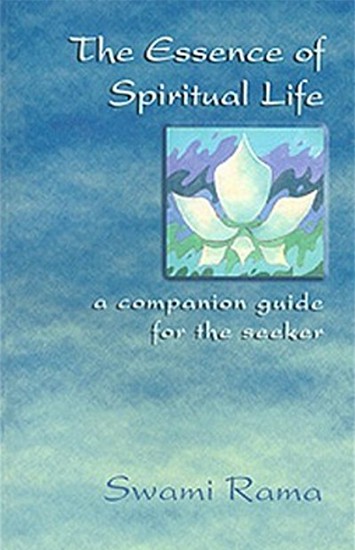 This concise collection of Swami Rama's teachings serves as a practical guide for the spiritual seeker. Spiritual practice leads the seeker towards inner experiences of divinity that further one towards attaining the goal of life. Swami Rama, yogi, scientist, philosopher and humanitarian, was deeply steeped in the spiritual traditions of the Himalayan sages. He was a free thinker, guided by direct experience and inner wisdom. His teachings are universal and nonsectarian, providing a bridge between the East and the West.
This concise collection of Swami Rama's teachings serves as a practical guide for the spiritual seeker. Spiritual practice leads the seeker towards inner experiences of divinity that further one towards attaining the goal of life. Swami Rama, yogi, scientist, philosopher and humanitarian, was deeply steeped in the spiritual traditions of the Himalayan sages. He was a free thinker, guided by direct experience and inner wisdom. His teachings are universal and nonsectarian, providing a bridge between the East and the West. -
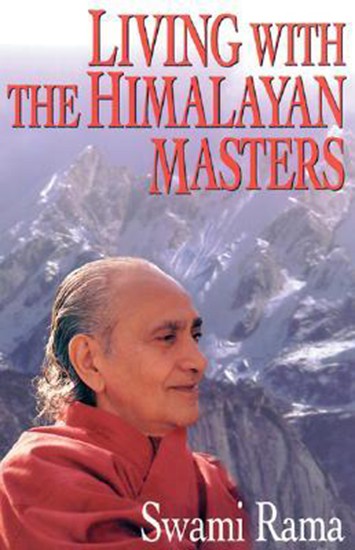 In this extraordinary account of his spiritual adventures, the author presents his encounters with Mahatma Gandhi, Sri Aurobindo, Rabindranath Tagore, a lady sage who never slept, and many other Himalayan masters. The author spent eleven months in a cave monastery and traveled to study in Tibet with his grandmaster. He author honors this spiritual teacher as a stream and a channel of wisdom. He modeled selflessness, fearlessness, faith, and determination as prerequisites for enlightenment. Swami Rama also writes about his experiences on the path of renunciation, which he calls "a razor's edge." He ponders the rich meanings of humility, conquering fear, trusting in divine protection, developing the powers of the mind, and casting off the body in death. One of the best examples of Swami Rama's humanity is conveyed in a brief chapter where he humorously tells of being mistaken as a ghost while meditating in a cemetery.
In this extraordinary account of his spiritual adventures, the author presents his encounters with Mahatma Gandhi, Sri Aurobindo, Rabindranath Tagore, a lady sage who never slept, and many other Himalayan masters. The author spent eleven months in a cave monastery and traveled to study in Tibet with his grandmaster. He author honors this spiritual teacher as a stream and a channel of wisdom. He modeled selflessness, fearlessness, faith, and determination as prerequisites for enlightenment. Swami Rama also writes about his experiences on the path of renunciation, which he calls "a razor's edge." He ponders the rich meanings of humility, conquering fear, trusting in divine protection, developing the powers of the mind, and casting off the body in death. One of the best examples of Swami Rama's humanity is conveyed in a brief chapter where he humorously tells of being mistaken as a ghost while meditating in a cemetery. -
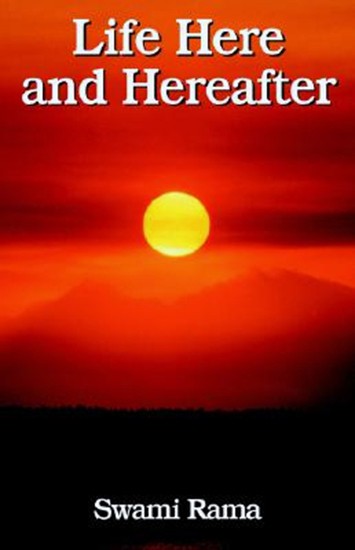 Based on the encounter between Yama, the King of Death, and Nachiketa, the seeker of death's meaning, this book examines the mystery and challenge of death. The story is taken from the Kathopanishad, one of the most important and ancient of all the scriptures. A philosophical understanding of the meaning and purpose of life and death is presented, along with a practical psychology for coping with life and for overcoming the fear of death.
Based on the encounter between Yama, the King of Death, and Nachiketa, the seeker of death's meaning, this book examines the mystery and challenge of death. The story is taken from the Kathopanishad, one of the most important and ancient of all the scriptures. A philosophical understanding of the meaning and purpose of life and death is presented, along with a practical psychology for coping with life and for overcoming the fear of death. -
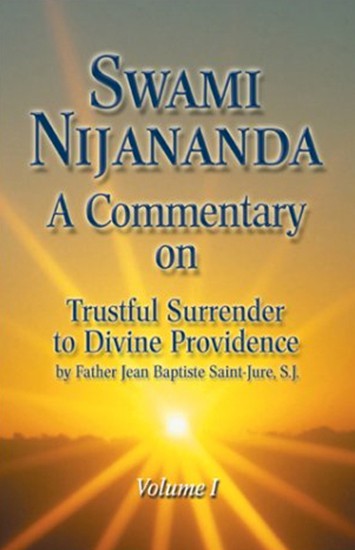 Swami Nijananda's Commentary on Trustful Surrender to Divine Providence Volume I, by Father Jean Baptiste Saint-Jure, is the first volume of lectures to be published. Many of his students felt these lectures were of value to them long after the lecture series ended. This volume explains and illuminates the essential message of Christianity. "In every circumstance, without exception," says Swami Nijananda, surrender to the Lord is the crucial thing...It is your task to harmonize yourself with what the Lord has ordained and not the other way around." This book provides the guidance to orient oneself spiritually in any situation the world presents, however tragic.
Swami Nijananda's Commentary on Trustful Surrender to Divine Providence Volume I, by Father Jean Baptiste Saint-Jure, is the first volume of lectures to be published. Many of his students felt these lectures were of value to them long after the lecture series ended. This volume explains and illuminates the essential message of Christianity. "In every circumstance, without exception," says Swami Nijananda, surrender to the Lord is the crucial thing...It is your task to harmonize yourself with what the Lord has ordained and not the other way around." This book provides the guidance to orient oneself spiritually in any situation the world presents, however tragic. -
 Description: To Soothe and Cool: Pure Oils, Ayuvedic Herbs, Plant and Flower Extracts gently soothe sensitive skin. Aids in cooling body temperature and powerful therapeutic aromas help to comfort. Ingredients/Includes: Ingredients: Sweet Almond Oil, Sunflower Oil, Camomile, Rose, Vetivert, Brahmi, Nagarmotta. No Chemicals or Preservatives are added. Instructions: Directions: Use as a massage oil in bath water to soften skin or after bath or shower as an all-over moisturizer to protect the skin. Can be used on the face to massage pressure points.
Description: To Soothe and Cool: Pure Oils, Ayuvedic Herbs, Plant and Flower Extracts gently soothe sensitive skin. Aids in cooling body temperature and powerful therapeutic aromas help to comfort. Ingredients/Includes: Ingredients: Sweet Almond Oil, Sunflower Oil, Camomile, Rose, Vetivert, Brahmi, Nagarmotta. No Chemicals or Preservatives are added. Instructions: Directions: Use as a massage oil in bath water to soften skin or after bath or shower as an all-over moisturizer to protect the skin. Can be used on the face to massage pressure points. -
 Directions: Use as a massage oil in bath water to soften skin or after bath or shower as an all-over moisturizer to protect the skin. Can be used on the face to massage pressure points. Ingredients: Sweet Almond Oil Safflower Oil Clove Lavender Sage Basil Brahmi Shatavari Ashwagandha. No chemicals or preservatives are added. Supplemental Facts: To Energize and Warm: Pure Oils Ayurvedic Herbs Plant and Delicate Flower Extracts stimulate lackluster temperaments without irritation. Aids in warming body temperatures and powerful therapeutic aromas help to energize.
Directions: Use as a massage oil in bath water to soften skin or after bath or shower as an all-over moisturizer to protect the skin. Can be used on the face to massage pressure points. Ingredients: Sweet Almond Oil Safflower Oil Clove Lavender Sage Basil Brahmi Shatavari Ashwagandha. No chemicals or preservatives are added. Supplemental Facts: To Energize and Warm: Pure Oils Ayurvedic Herbs Plant and Delicate Flower Extracts stimulate lackluster temperaments without irritation. Aids in warming body temperatures and powerful therapeutic aromas help to energize. -
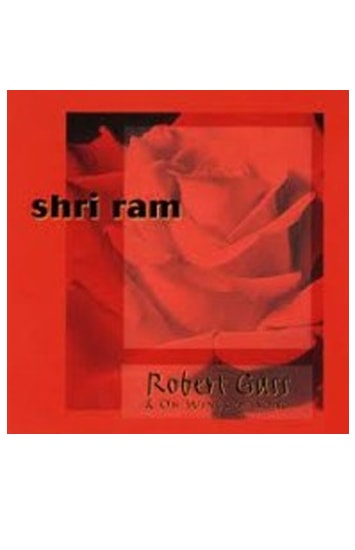 The latest tape by Robert Gass and his On Wings of Song Choir is a reworking of the well-known devotional Sanskrit chant "Shri Ram Jai Ram Jai Jai Ram." Side one, subtitled "Serenity," features the primarily female voices of the choir gently singing the mantra to a simple two-chord melody, with layered counterpoint and the accompaniment of acoustic guitar. Side two, "Dance of Joy," adds sitar and, after a while, tabla, building to a lively and celebratory climax, resolving back into the soft lilting version of the chant that characterized the first side. Like their ever-popular earlier tape Om Namah Shivaya, The On Wings of Song Choir have reinterpreted this traditional Hindu chant in a way that is easily accessiblto Western listeners, who can use it for relaxation, meditation or singing along. ~ BackroadsMusic/Heartbeats
The latest tape by Robert Gass and his On Wings of Song Choir is a reworking of the well-known devotional Sanskrit chant "Shri Ram Jai Ram Jai Jai Ram." Side one, subtitled "Serenity," features the primarily female voices of the choir gently singing the mantra to a simple two-chord melody, with layered counterpoint and the accompaniment of acoustic guitar. Side two, "Dance of Joy," adds sitar and, after a while, tabla, building to a lively and celebratory climax, resolving back into the soft lilting version of the chant that characterized the first side. Like their ever-popular earlier tape Om Namah Shivaya, The On Wings of Song Choir have reinterpreted this traditional Hindu chant in a way that is easily accessiblto Western listeners, who can use it for relaxation, meditation or singing along. ~ BackroadsMusic/Heartbeats -
 Among the oldest of India's spiritual texts, the Upanishads are records of intensive question-and-answer sessions given by illumined sages to their students. Widely featured in philosophy courses, the Upanishads have puzzled and inspired wisdom seekers from Yeats to Schopenhauer. Eknath Easwaran makes this challenging text more accessible by selecting the passages most relevant to readers seeking timeless truths today. His best-selling, accessible, highly readable translation and lively foreword place the teachings in a contemporary context for students and general readers alike.
Among the oldest of India's spiritual texts, the Upanishads are records of intensive question-and-answer sessions given by illumined sages to their students. Widely featured in philosophy courses, the Upanishads have puzzled and inspired wisdom seekers from Yeats to Schopenhauer. Eknath Easwaran makes this challenging text more accessible by selecting the passages most relevant to readers seeking timeless truths today. His best-selling, accessible, highly readable translation and lively foreword place the teachings in a contemporary context for students and general readers alike. -
 Chosen for their universal spiritual appeal, literary merit, and recognized wisdom, these selections are perfect subjects for meditation and daily inspirational reading. Drawing from Christian, Jewish, Hindu, Buddhist, Muslim, and Native American sacred literature, this expanded third edition serves as a useful reference and guide to world mysticism. Included are Easwaran's criteria for choosing personally transformative passages, tips on memorization, and suggestions for further reading.
Chosen for their universal spiritual appeal, literary merit, and recognized wisdom, these selections are perfect subjects for meditation and daily inspirational reading. Drawing from Christian, Jewish, Hindu, Buddhist, Muslim, and Native American sacred literature, this expanded third edition serves as a useful reference and guide to world mysticism. Included are Easwaran's criteria for choosing personally transformative passages, tips on memorization, and suggestions for further reading. -
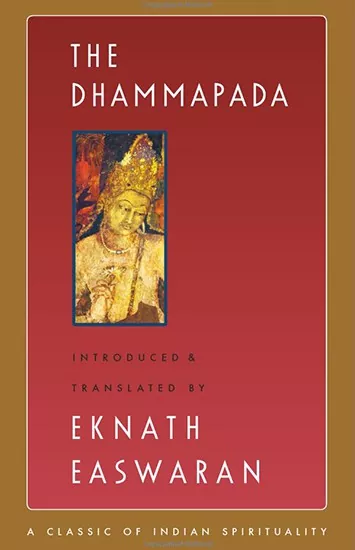 An English-language book originally published in 1986. It contains Easwaran's translation of the Dhammapada, a Buddhist scripture traditionally ascribed to the Buddha himself. The book also contains a substantial overall introduction of about 70 pages,[2] as well as introductory notes to each of the Dhammapada's 26 chapters.
An English-language book originally published in 1986. It contains Easwaran's translation of the Dhammapada, a Buddhist scripture traditionally ascribed to the Buddha himself. The book also contains a substantial overall introduction of about 70 pages,[2] as well as introductory notes to each of the Dhammapada's 26 chapters. -
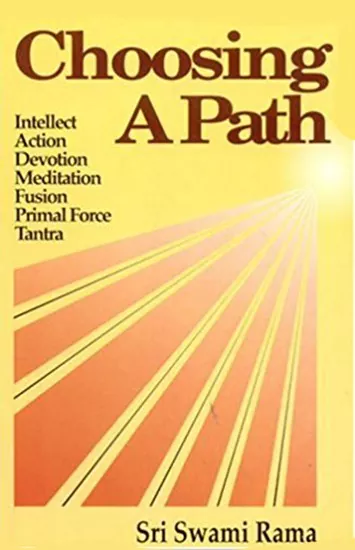 This book gives a glimpse and creates a provocative atmosphere for the intelligent and learned so that they will begin studying their inclination to follow a particular path, and so that they don't waste time and energy in the prevailing confusion of our times, but choose a definite path for themselves. The younger generation today is longing to seek something new and fresh, but it is torn by the conflicts created by guilt and fear. With these views in mind and to serve the needs of the aspirants and free-thinkers, I present this book.
This book gives a glimpse and creates a provocative atmosphere for the intelligent and learned so that they will begin studying their inclination to follow a particular path, and so that they don't waste time and energy in the prevailing confusion of our times, but choose a definite path for themselves. The younger generation today is longing to seek something new and fresh, but it is torn by the conflicts created by guilt and fear. With these views in mind and to serve the needs of the aspirants and free-thinkers, I present this book. -
 Eknath Easwaran is a foremost translator and interpreter of the much-loved Indian scripture, the Bhagavad Gita. He liked to say that his verse-by-verse commentary grew like a tree issuing directly from his life, which was so rooted in the Gita that he found a deep understanding of its teachings in the most everyday experiences – sharing a treat with young children, walking with friends down a busy street, or watching a mime in San Francisco’s Union Square. Easwaran translates each verse, relates it to our modern lives through stories and anecdotes, and gives us spiritual exercises that we can use every day. This first volume in a three-volume set covers chapters 1–6 of the Gita, and concentrates on the individual: the nature of our innermost Self, how it can be discovered in the depths of consciousness, and how this discovery transforms daily life. The introduction includes instructions in Easwaran’s universal method of passage meditation.
Eknath Easwaran is a foremost translator and interpreter of the much-loved Indian scripture, the Bhagavad Gita. He liked to say that his verse-by-verse commentary grew like a tree issuing directly from his life, which was so rooted in the Gita that he found a deep understanding of its teachings in the most everyday experiences – sharing a treat with young children, walking with friends down a busy street, or watching a mime in San Francisco’s Union Square. Easwaran translates each verse, relates it to our modern lives through stories and anecdotes, and gives us spiritual exercises that we can use every day. This first volume in a three-volume set covers chapters 1–6 of the Gita, and concentrates on the individual: the nature of our innermost Self, how it can be discovered in the depths of consciousness, and how this discovery transforms daily life. The introduction includes instructions in Easwaran’s universal method of passage meditation. -
 At the Feet of a Himalayan Master unfolds the secrets of personal sadhana and direct contact with a great guru that are rare to find in any published literature, and with contemporary and western disciples facing the modern world and all of its limitations. The book helps us understand the many facets and real nature of genuine spiritual practice in the Himalayan tradition and how it can transform the mind and heart.
At the Feet of a Himalayan Master unfolds the secrets of personal sadhana and direct contact with a great guru that are rare to find in any published literature, and with contemporary and western disciples facing the modern world and all of its limitations. The book helps us understand the many facets and real nature of genuine spiritual practice in the Himalayan tradition and how it can transform the mind and heart.

